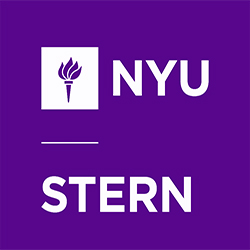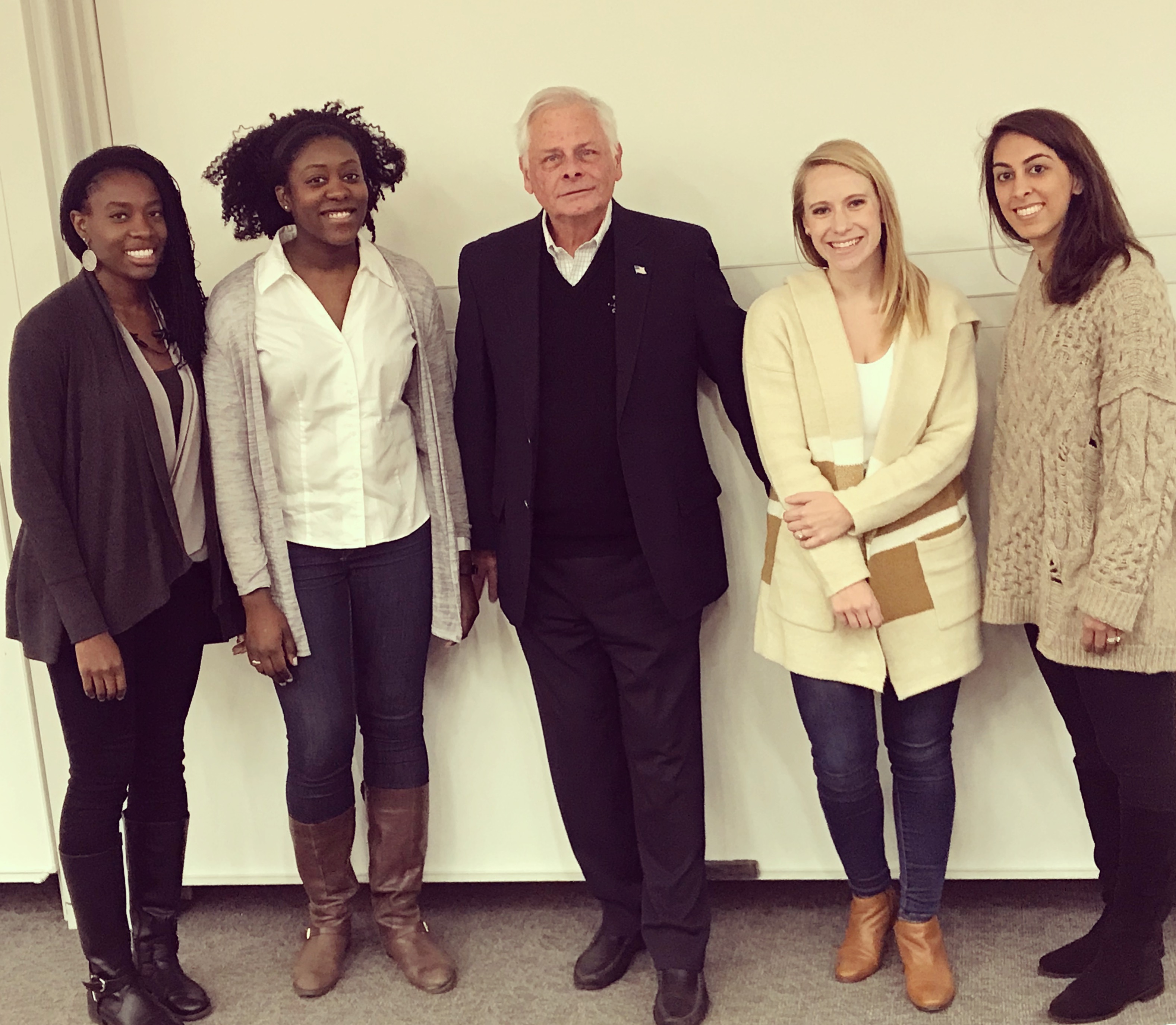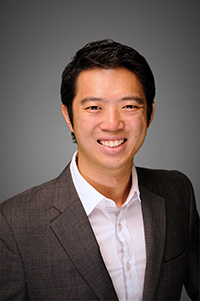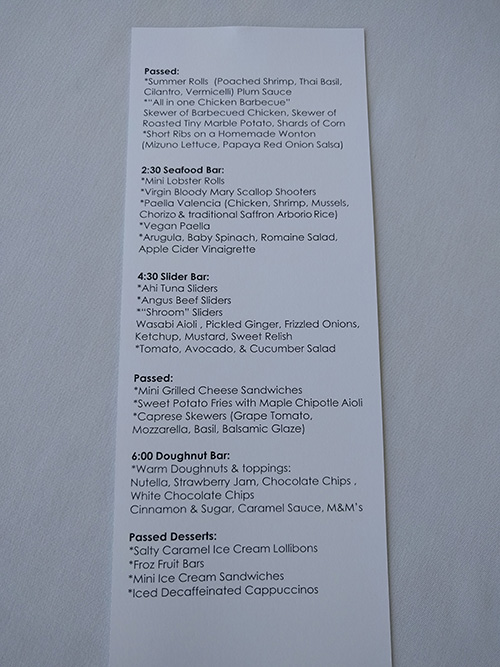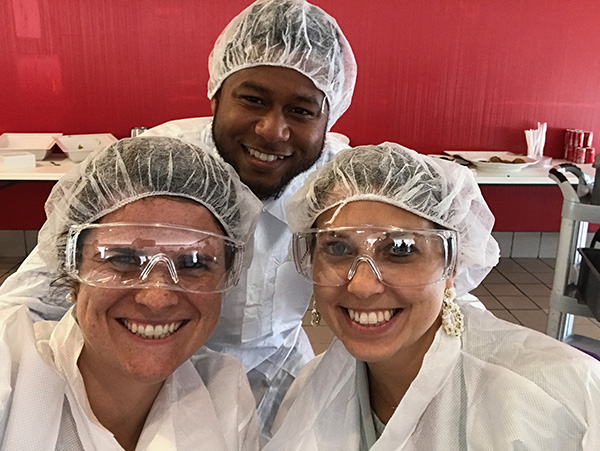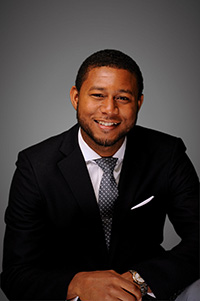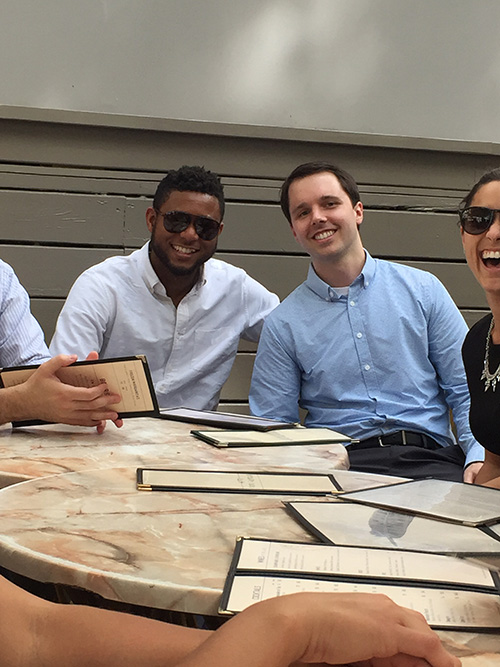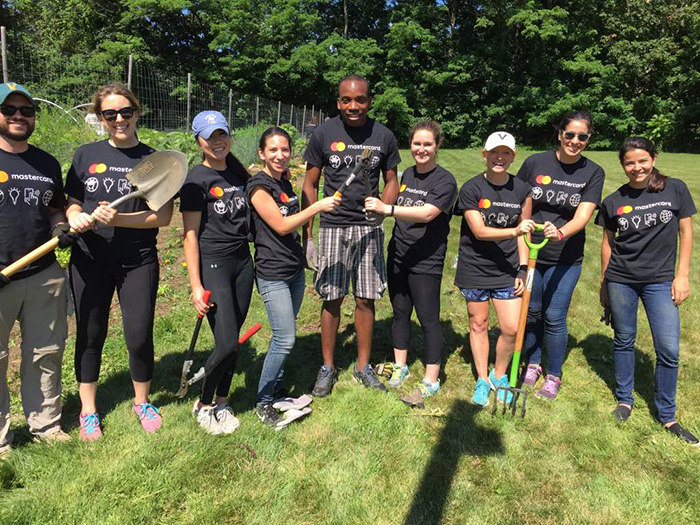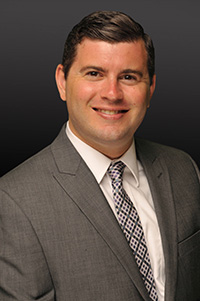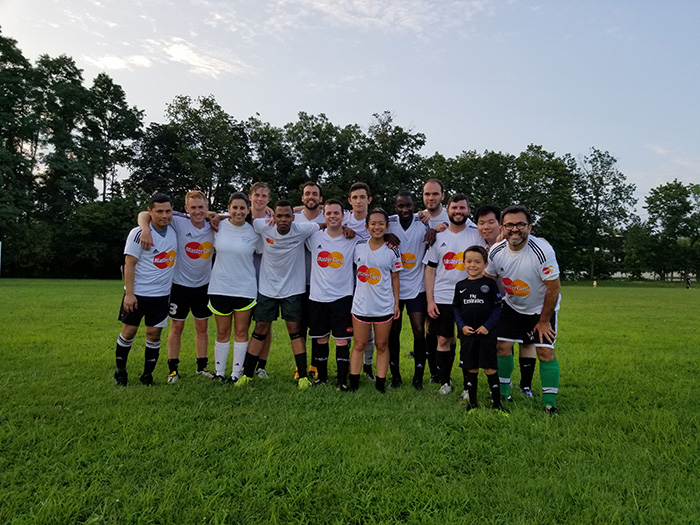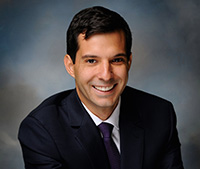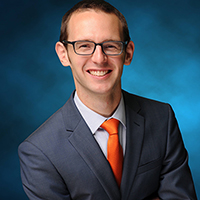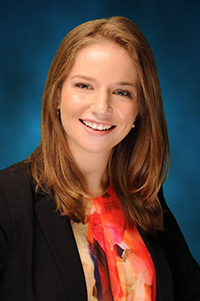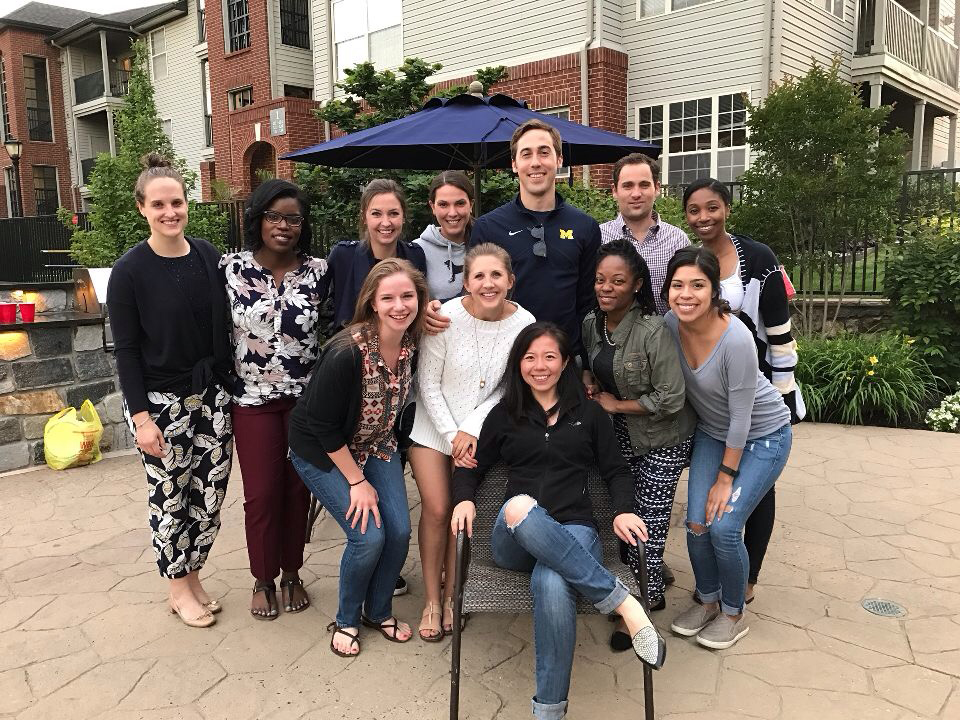“In the real world” is a phrase that you hear all too often as a student. Sure, you learn all of the theories and principles about Finance, or Marketing, or any other subject. But what does it actually look like in the real world?
This past semester, I had the opportunity to take many of the principles that are taught at Stern and apply it to a real world setting as part of the Leadership Development Program (LDP). One of the main reasons why I chose to pursue my MBA and specifically go to Stern was to have the opportunity to focus on learning principles of leadership which I will be able to apply to my future career. Naturally, I applied to be a part of LDP to make that a reality.
The first major programming for LDP was a crisis simulation, which put groups of students in a potential real-life scenario. In this scenario, we were given a real company, and each student would assume the role of a different executive. We were briefed with a developing crisis situation and placed in a “war room”. Over the course of the next 3 or 4 hours, the phone in the war room would ring and we would learn new information or be connected with new people, such as an ambassador to a foreign country, police chief, or news reporter. We were tasked to respond to everything coming in and communicate out our plan.
To some people, perhaps this exercise wouldn’t feel “real” enough, or they wouldn’t take it completely seriously. But in our war room, we were the company executives, and this was a real crisis that we were facing. Although our team didn’t win for the best overall response to the day’s action, it was still an incredible experience. The most important key to making this activity a success was the buy-in by everybody. This is why I have enjoyed my experience with LDP so far. Everyone in the program is committed to learning more about themselves and becoming a better leader.
One of the great things about Stern is that you don’t need to caveat what you learn by how it would be in the real world. The school gives you ample opportunity to know how everything does work in the real world. Whether it is the crisis simulation, experiential learning, guest speakers, or even the impressive resumes of our own professors, we are constantly exposed to learning about real applications of the many principles that are taught in the classroom. I know that these experiences will better prepare me to be a member of the Stern community, my internship this summer, and my career and life after Stern.
